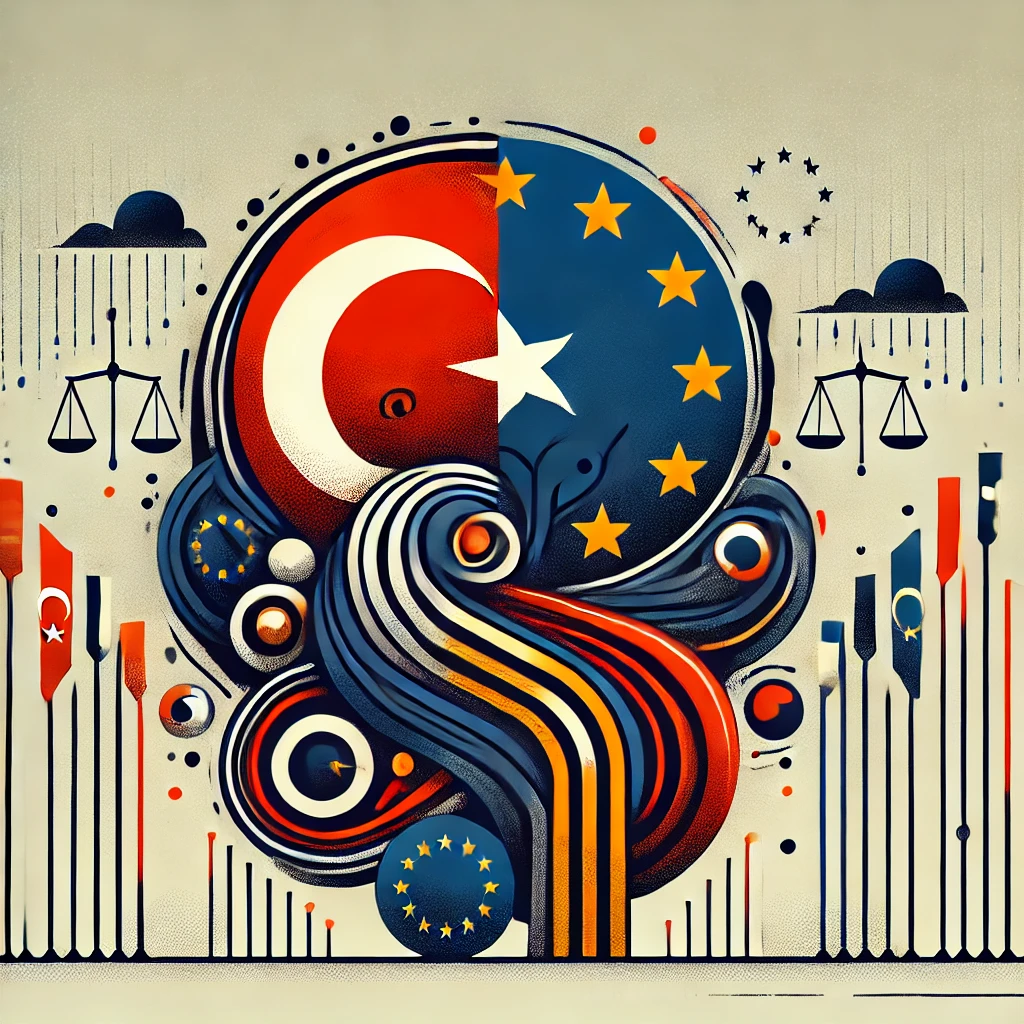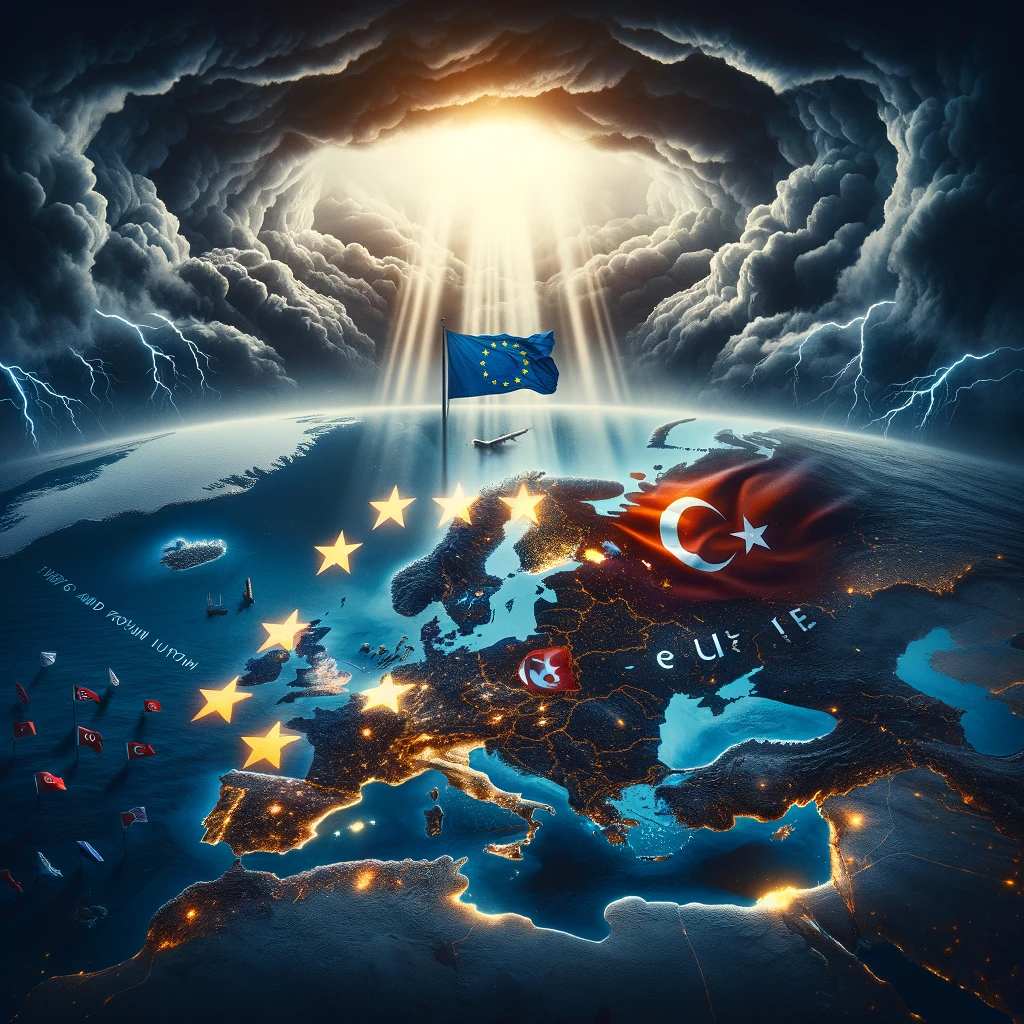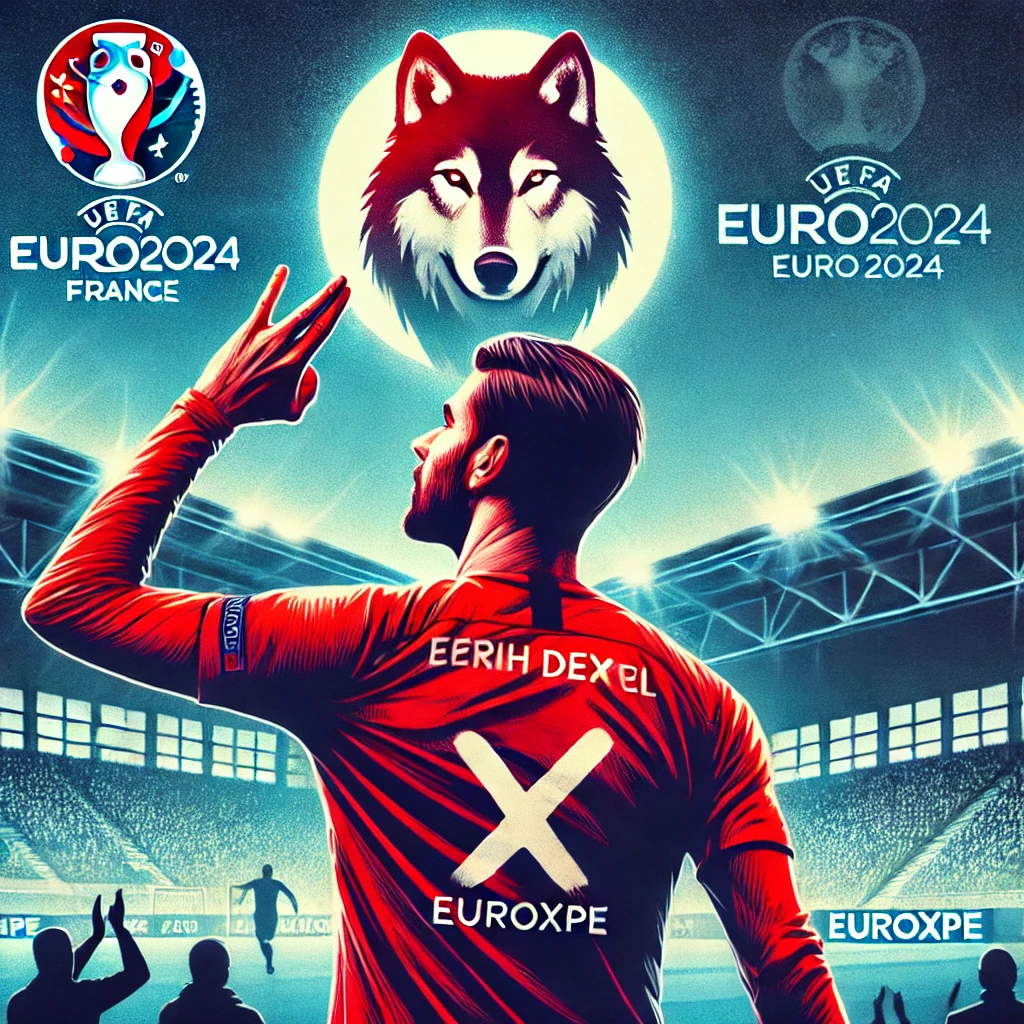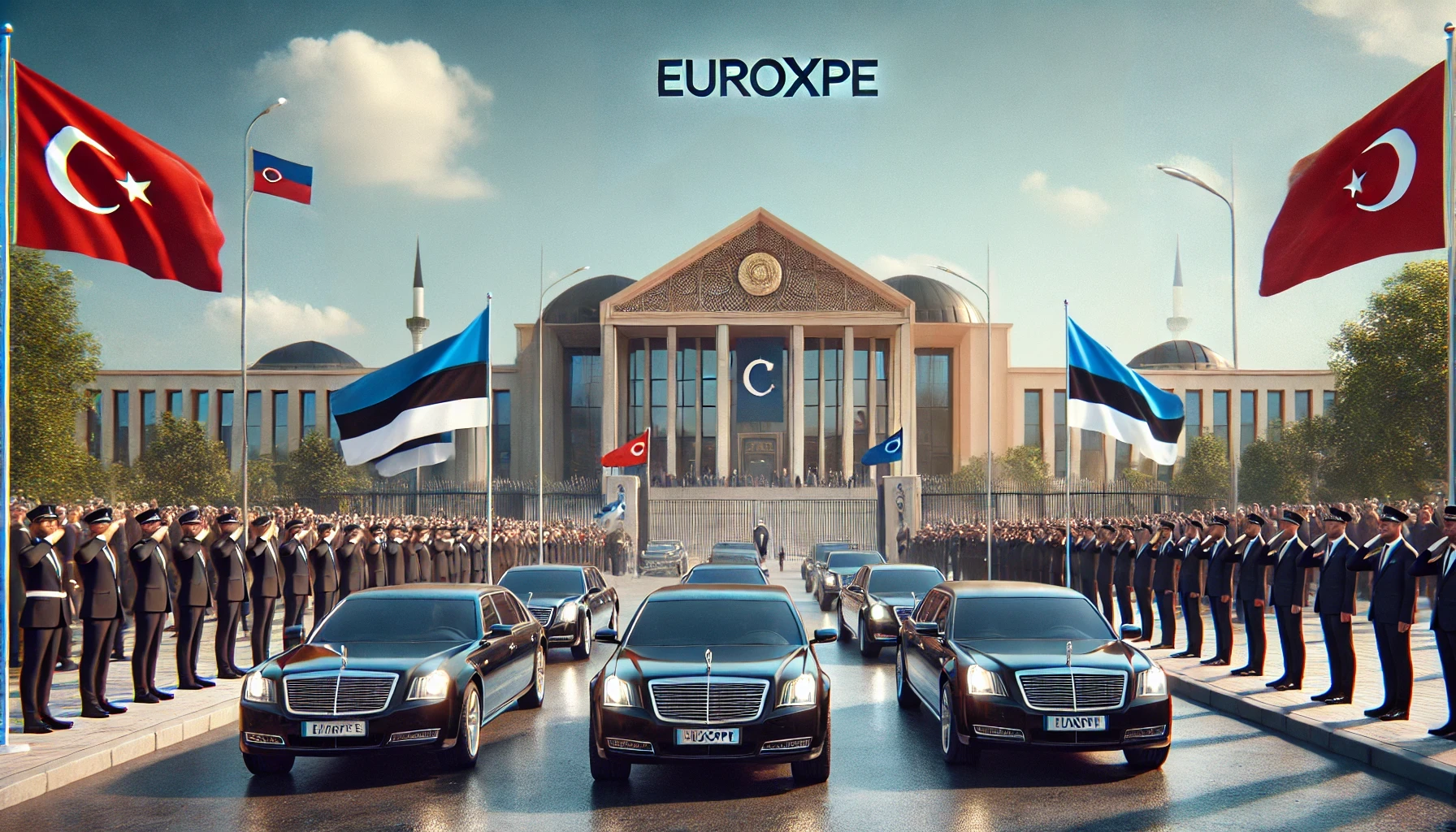Ankara, Turkey – A recent meeting between Turkish President Recep Tayyip Erdoğan and European Commission President Ursula von der Leyen in Ankara has once again brought the strained Turkey-EU relationship into sharp focus. While both leaders highlighted shared goals, unresolved issues such as visa liberalisation, customs union modernisation, and the North Cyprus dispute continue to undermine progress.
During the press conference, Erdoğan reiterated Turkey’s frustration over the EU’s failure to honour commitments made decades ago.
“Turkey applied for EU membership in 1987 and has yet to achieve full membership, while much smaller countries such as Malta, Bulgaria, and Moldova enjoy EU benefits,” Erdoğan stated pointedly.
He also criticised the growing visa restrictions imposed on Turkish citizens, describing the current process as humiliating and unnecessarily restrictive.
“We are NATO allies, yet Turkish businessmen, students, and families face enormous hurdles to obtain visas, while others enjoy seamless access to Europe,” Erdoğan added.
Von der Leyen responded by reaffirming Turkey’s importance as a “key partner” in regional stability, migration management, and trade. She announced an additional €1 billion in aid for Syria, emphasising the EU’s role as a leading donor.
“We need stronger economic ties. The customs union between Turkey and the EU must be updated to reflect today’s realities,” von der Leyen said, adding that trade barriers should be eliminated to encourage cooperation.
However, for many in Turkey, these statements lack credibility. Decades of stalled negotiations, coupled with the EU’s perceived double standards, have eroded public trust.
The meeting also underscored the ongoing Cyprus dispute. While Southern Cyprus enjoys full EU membership, the internationally unrecognised Turkish Republic of Northern Cyprus (TRNC) remains sidelined.
For Turkish officials, this glaring inconsistency epitomises the EU’s unfair treatment of Turkey.
“How can the EU speak of justice and fairness when it recognises one side of the island while ignoring the other?” a senior Turkish diplomat remarked.
One of the most pressing concerns remains the lack of visa liberalisation for Turkish citizens, a long-promised measure that has yet to materialise. Despite fulfilling many of the EU’s criteria, Turks face stricter controls than ever before, even as the bloc expands its visa-free regime to other countries.
“The EU wants Turkey’s cooperation on migration and regional stability but offers little in return. This imbalance cannot continue,” Erdoğan stressed.
While von der Leyen’s visit highlighted the EU’s desire for cooperation, her assurances ring hollow for many Turks. Years of unfulfilled promises, coupled with tangible setbacks such as the Kıbrıs issue and visa hurdles, have deepened scepticism.
The Turkey-EU customs union, established in 1995, remains outdated and riddled with trade barriers. Modernisation talks have stalled for years, reflecting a broader lack of political will on both sides.
As Ankara continues to push for fair treatment, Turkey’s public is growing increasingly disillusioned with the EU’s approach. While leaders exchange diplomatic niceties, fundamental issues remain unaddressed.
Without concrete actions on visa liberalisation, customs union reform, and the recognition of Northern Cyprus, Turkey’s patience is running out – and the EU risks further alienating a vital partner.





